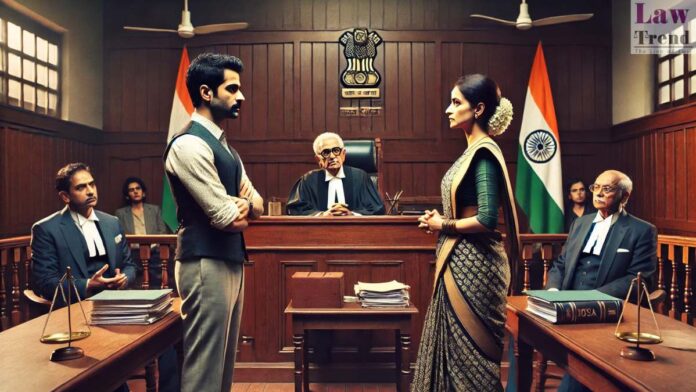The Allahabad High Court, in a significant ruling, has held that a woman is not entitled to claim interim maintenance under the Protection of Women from Domestic Violence Act, 2005 (DV Act) once her marriage has been declared null and void by a competent court. Justice Rajeev Misra set aside orders from two lower courts
To Read More Please Subscribe to VIP Membership for Unlimited Access to All the Articles, Download Available Copies of Judgments/Order, Acess to Central/State Bare Acts, Advertisement Free Content, Access to More than 4000 Legal Drafts( Readymade Editable Formats of Suits, Petitions, Writs, Legal Notices, Divorce Petitions, 138 Notices, Bail Applications etc.) in Hindi and English.




